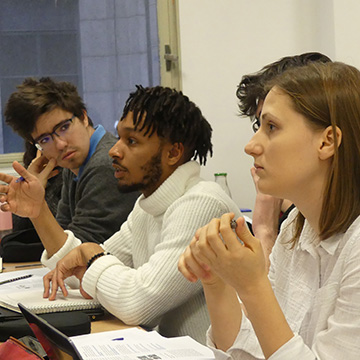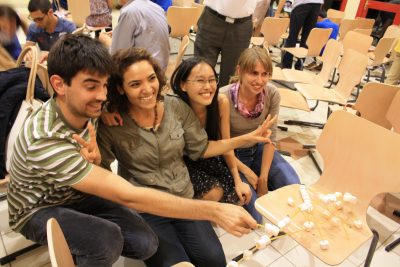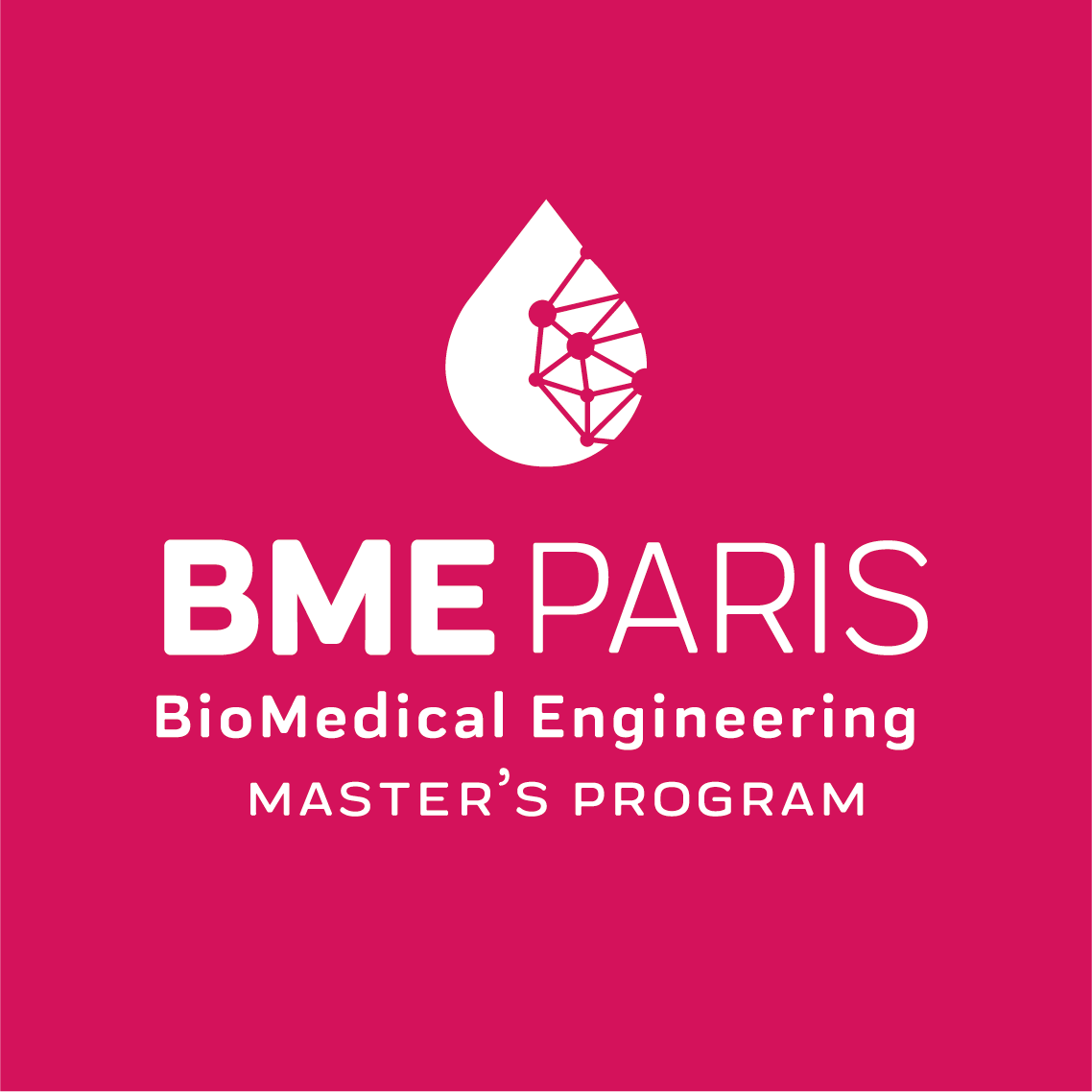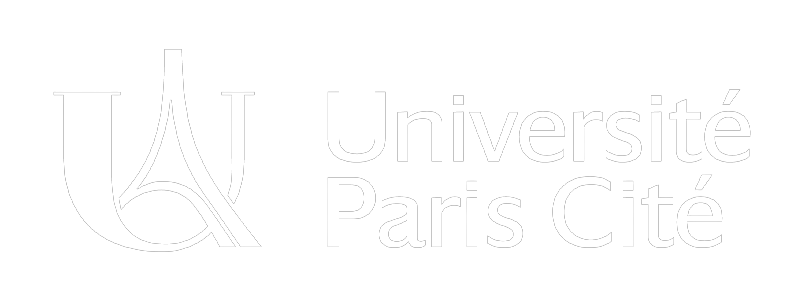Master 1
FIRST YEAR OF THE BME PARIS MASTER’S PROGRAM – M1
The first year of the BME-Paris (M1) program welcomes students from diverse bachelor’s backgrounds, including biology, chemistry, physics, digital sciences, mathematics, engineering, medicine, pharmacy, physiotherapy, sports, and other health-related fields. Typically, over 70% of our students are international, representing around 20 different nationalities.
Program Overview
The M1 program is designed to strengthen and broaden students’ skills in engineering, digital sciences, and biomedical disciplines, addressing contemporary health challenges. This one-year curriculum provides essential fundamental and practical knowledge, equipping students with an interdisciplinary background before they choose a specialized track in the second year (M2).
The first year of the BME-Paris (M1) program welcomes students from diverse bachelor’s backgrounds, including biology, chemistry, physics, digital sciences, mathematics, engineering, medicine, pharmacy, physiotherapy, sports, and other health-related fields. Typically, over 70% of our students are international, representing around 20 different nationalities.
Program Overview
The M1 program is designed to strengthen and broaden students’ skills in engineering, digital sciences, and biomedical disciplines, addressing contemporary health challenges. This one-year curriculum provides essential fundamental and practical knowledge, equipping students with an interdisciplinary background before they choose a specialized track in the second year (M2).

Semester 1: Integration, Core Science Curriculum and Adaptive Core Curriculum (30 ECTS)
The first semester (September to January) starts with an integration week. Thereafter, courses are held on a weekly basis. Students engage in a Core Science Curriculum and an Adaptative Core Curriculum totaling 30 ECTS credits (European Credit Transfer Scale).
Integration Week
The integration week aims at orienting students and preparing them for their academic journey. This week includes:
- The General Kickoff Meeting: Provides a comprehensive overview of the Master’s program, including structure, objectives, and expectations.
- The Individual Meeting with Academic Tutor: Each student meets with their assigned academic tutor, who is one of the M1 executive team members, to discuss their academic goals and receive personalized guidance.
- Three Integration Days: These days feature activities such as team-building exercises, student organization introductions, an outdoor walking rally, skills workshops, pitch workshops, and mock interviews.
Core Science Curriculum (9 ECTS)
The Core science curriculum is a compulsory common core (9 ECTS). It encompasses two modules:
- Scientific Communication
- Medicine and Science
- Introduction to Digital Health
- Open your Mind Seminars
- Culture and Languages
Adaptive Core Curriculum for Diverse Academic Backgrounds (21 ECTS)
To accommodate the diverse academic backgrounds of M1 students, courses are offered at both basic and advanced levels, allowing each student to address any skill gaps while advancing their knowledge in various scientific disciplines. Students follow a personalized curriculum comprising a minimum of seven courses (3 ECTS each) from the 17 options available, totaling 21 ECTS credits. This flexible structure ensures a challenging and enriching learning experience tailored to each student’s academic level and interests. All course selections require approval from the academic tutor to ensure alignment with each student’s academic and professional objectives.
Full time Two-year program Entirely in English
M1 entry requirements: any Bachelor’s degree in Science
Elective courses
Examples of Course Combinations Tailored to Student Backgrounds
To support students from varied academic backgrounds, we offer suggested course combinations for specific fields: Engineering, Biology, and Digital Health. Each combination includes compulsory courses and a selection of electives to help students deepen expertise and address any foundational gaps.
Example #1 Course Combination for Engineers
Compulsory courses
Elective Courses (Three to choose from)
Example #2 Course Combination for Biologists
Compulsory courses
Elective Courses (Three to choose from)
Example #3 Course Combination for Digital Health
Compulsory courses
Elective Courses (Three to choose from)
Semester 2: Developing Complementary and Experimental Skills (30 ECTS)
This semester (January to June) includes specialized courses aligned with the student’s intended track in the second year (M2).
Courses for NeuroTech, BIM, BioMECH, and MCB tracks
Courses for the Digital Health track
Progression to M2
Successful completion of the first year of the BME-Paris Master’s program (totaling 60 ECTS) is required to progress to the second year (M2).





